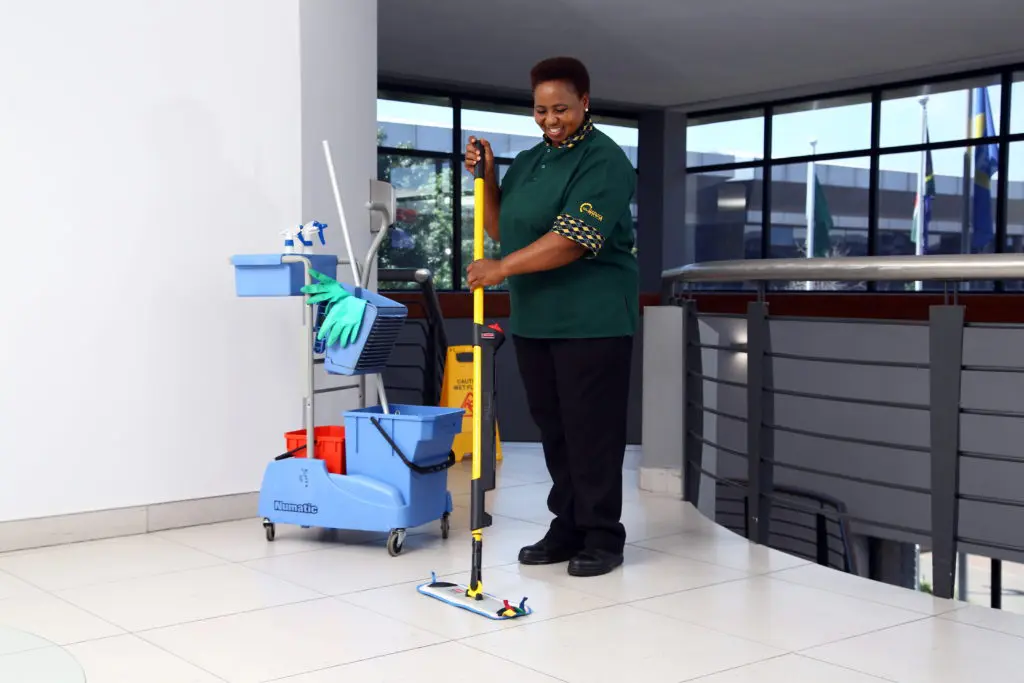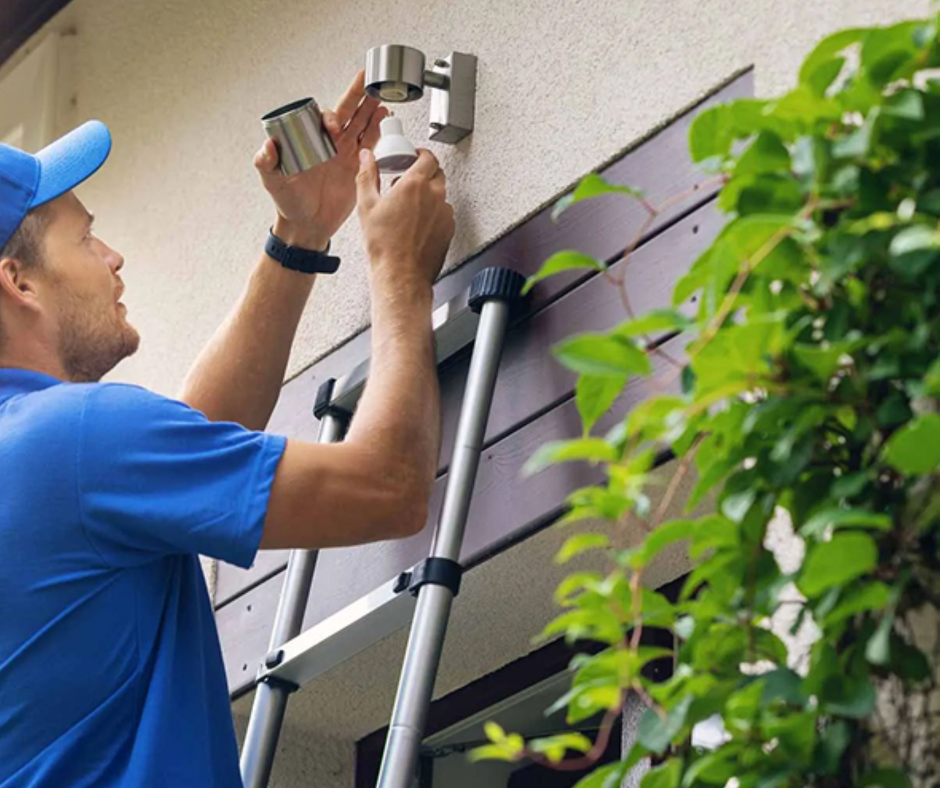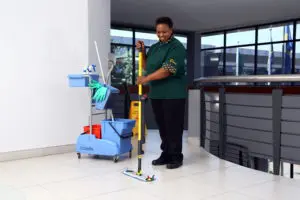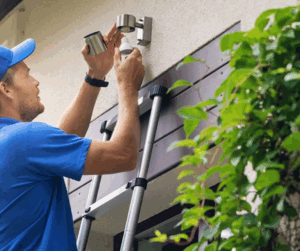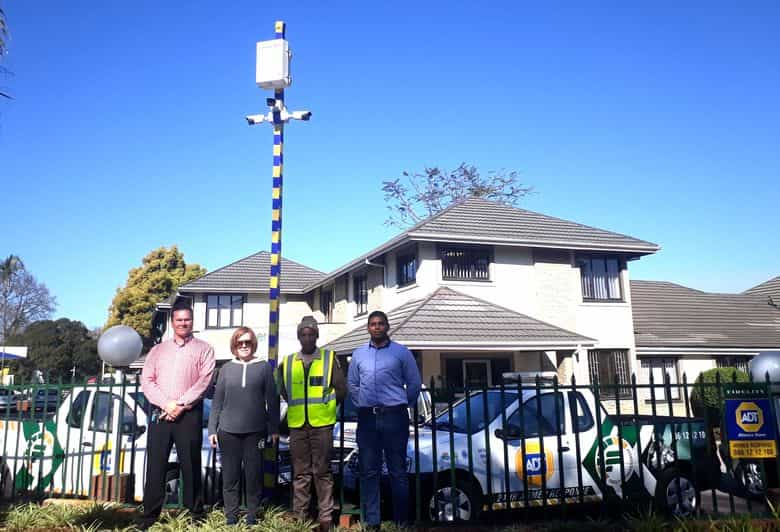Homeowners should make sure they understand the impact load shedding can have on any security system. Sufficient battery backups and charging capacity can extend the uptime of alarm systems during load shedding. It is not ideal though for any battery to be faced with continuing bouts of power cuts – whether they are planned or unplanned.
The advice was issued by armed response company Fidelity ADT, following several weeks of scheduled power cuts across the country. At the peak, it reached stage six of load shedding being implemented.
“The focus on home security systems and their battery backups should remain even after load shedding has been suspended,” says the company’s head of communications and marketing Charnel Hattingh.
“Batteries play a big part in your home’s security system which includes your electric fence and the gate motor. Wireless security systems have batteries in the detectors that are not affected by load shedding, but the main control box still contains a backup battery that should not be neglected.
“When you check your backup batteries, make sure you look at everything. Preventative maintenance action today can help ensure that your security system still operates the way it should tomorrow.”
Batteries have a finite lifespan which is affected by the number of times it discharges and charges up again. Batteries that have gone through too many of these cycles deteriorate and may not be able to charge sufficiently in the periods between load shedding times. This compromises the backup time the battery provides in the event of a power failure.
Hattingh says load shedding stage one can give batteries enough recharging time, while any higher stage will start cutting into this time needed. Keep in mind though that there can be other unrelated technical issues affecting a battery, which is why regular testing is critical. No battery will last forever, and at some point, it will need to be replaced.
She also urges people to pay attention to text messages they receive from their armed response company, especially when it relates to any potential low battery warning signals. Fixing these issues as early as possible can take the pressure off monitoring systems caused by a flood of signals received during load shedding.
Regular power cuts are impacting a range of technologies and communications systems, including alarm systems that start to malfunction without adequate battery backup. Malfunctioning alarm systems during load shedding result in an increase of false alarm activations that impact armed response companies’ ability to deal with real emergency signals.
Homeowners can help by taking ownership of their alarm system hardware to ensure it is operating as optimally as possible during these rolling power cuts, especially as it seems to be happening more frequently.
“Your security system’s keypad can provide you with information about any problems that need technical intervention. Search on the internet for a copy of the system’s user guide or ask your monitoring company to send you a copy.”
Hattingh says UPS backup systems are also useful to add to any home system, even if they are costly. They can play a part in keeping you and your property safe if they are connected properly and used in the way they were intended to be used.
“If you have any questions about your home security system and its battery backups, please contact your armed response company as soon as possible. They will help you test to see if any technical problems need urgent attention.”



